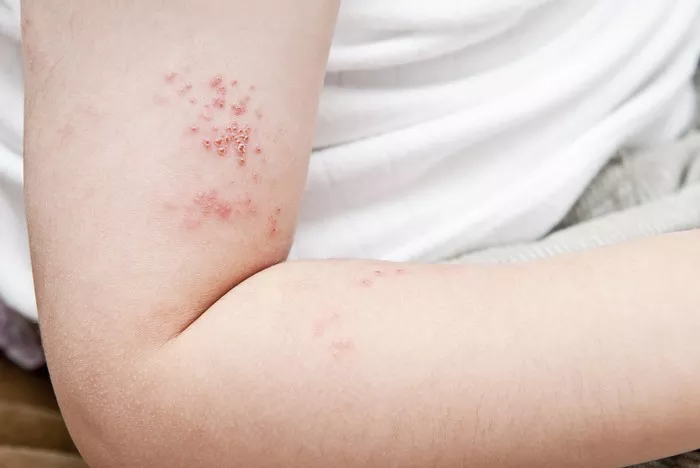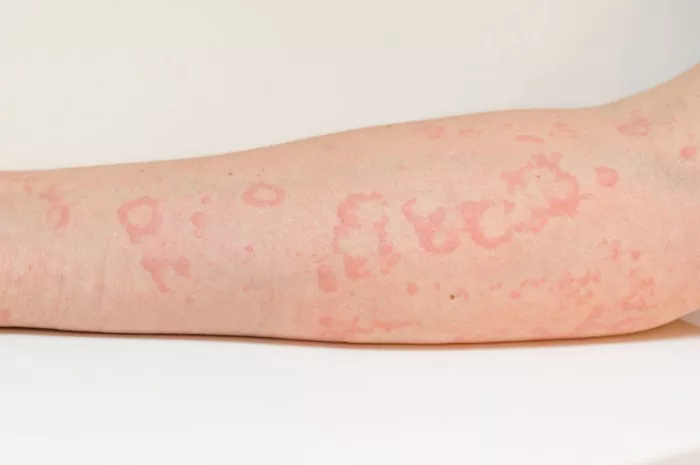Shingles, scientifically known as herpes zoster, is a viral infection caused by the varicella-zoster virus, the same virus that causes chickenpox. Although chickenpox and shingles are caused by the same virus, they are distinct conditions. After a person has had chickenpox, the virus remains dormant in the body’s nerve tissues. Later in life, often due to a weakened immune system or other triggers, the virus can reactivate, causing shingles. Recognizing the early signs and symptoms of shingles is vital for prompt diagnosis and treatment, which can help alleviate discomfort and prevent complications. This article aims to explore in-depth the early signs and symptoms of shingles, enabling readers to identify them and seek appropriate medical care.
Understanding Shingles: A Comprehensive Overview
To comprehend the early signs and symptoms of shingles, it’s essential to have a thorough understanding of the condition itself. Shingles typically manifests as a painful rash that develops in a specific area of the body, following the path of the affected nerve. The rash usually appears on one side of the body and can be accompanied by various symptoms. Shingles can affect individuals of any age, but it is most common in older adults and individuals with weakened immune systems.
The varicella-zoster virus belongs to the herpesvirus family and is highly contagious. Chickenpox, the primary infection caused by the virus, is characterized by a widespread rash of itchy, fluid-filled blisters. After recovering from chickenpox, the virus remains dormant in the body’s nerve tissues. However, in some individuals, the virus may reactivate later in life, leading to shingles.
Early Signs and Symptoms of Shingles: A Detailed Examination
1. Pain and Sensitivity: One of the earliest signs of shingles is often pain or discomfort in a specific area of the body. This pain may precede the appearance of the rash by several days or even weeks. It is often described as a burning, tingling, or shooting pain and is typically localized to one side of the body. The pain may be mild to severe and can persist for an extended period.
2. Rash Development: As the infection progresses, a rash begins to develop in the affected area. The rash typically consists of small, fluid-filled blisters that appear in clusters. These blisters may be itchy and can break open, forming crusts as they heal. The rash follows a dermatomal distribution, meaning it appears in a band-like pattern along the path of a specific nerve. This characteristic distribution pattern distinguishes shingles from other skin conditions.
3. Redness and Swelling: Alongside the development of the rash, the affected area may become red and swollen. This inflammation contributes to the discomfort experienced by individuals with shingles. The redness and swelling may extend beyond the immediate area of the rash, affecting the surrounding skin.
4. Flu-like Symptoms: In some cases, individuals may experience flu-like symptoms such as fever, fatigue, and headache. These symptoms can occur before the rash appears or concurrently with its development. While not exclusive to shingles, their presence, especially in conjunction with other signs, should raise suspicion for the condition. Fever is often mild but can be more pronounced in some cases.
5. Sensitivity to Touch: The affected area may become sensitive to touch, with even light pressure causing pain or discomfort. This heightened sensitivity is a common feature of shingles and can contribute to the overall discomfort experienced by individuals with the condition. Clothing rubbing against the rash may exacerbate the discomfort.
6. Itching and Tingling: Before the rash becomes fully apparent, individuals may experience itching or tingling sensations in the affected area. These sensations are often accompanied by the aforementioned pain and can serve as early warning signs of an impending outbreak. Scratching the rash can further irritate the skin and increase the risk of infection.
7. Nerve Pain: In some cases, individuals with shingles may experience severe nerve pain, known as postherpetic neuralgia (PHN). This pain can persist long after the rash has healed and may significantly impact quality of life. PHN occurs when the nerves are damaged during the shingles infection, leading to chronic pain in the affected area.
Risk Factors for Shingles
While anyone who has had chickenpox can develop shingles, certain factors increase the risk of reactivation of the varicella-zoster virus. These risk factors include:
- Advancing Age: Shingles is more common in older adults, with the risk increasing significantly after the age of 50.
- Weakened Immune System: Individuals with weakened immune systems due to conditions such as HIV/AIDS or undergoing immunosuppressive therapy are at higher risk.
- Stress: Stress can weaken the immune system and trigger shingles outbreaks in susceptible individuals.
- Certain Medications: Some medications, such as corticosteroids and chemotherapy drugs, can increase the risk of shingles by suppressing the immune system.
- Underlying Medical Conditions: Chronic diseases such as diabetes and autoimmune disorders can predispose individuals to shingles.
- Trauma or Injury: Physical trauma or injury to the skin can damage nerves and trigger shingles outbreaks in some cases.
Diagnosis and Treatment
Diagnosing shingles typically involves a thorough medical history and physical examination by a healthcare professional. The characteristic rash and distribution pattern along with associated symptoms often provide sufficient evidence for diagnosis. In some cases, a sample of fluid from the blisters may be collected and tested in a laboratory to confirm the presence of the varicella-zoster virus.
Treatment for shingles aims to alleviate symptoms, shorten the duration of the outbreak, and prevent complications. Antiviral medications, such as acyclovir, valacyclovir, and famciclovir, are commonly prescribed to inhibit the replication of the virus and reduce the severity of symptoms. Pain management strategies, including over-the-counter pain relievers and topical treatments, may also be recommended to alleviate discomfort.
In addition to antiviral medications, other treatments may be prescribed to manage specific symptoms and complications of shingles. These may include:
- Topical corticosteroids to reduce inflammation and itching associated with the rash.
- Antihistamines to relieve itching and promote sleep.
- Nerve blocks or injections of corticosteroids to alleviate severe nerve pain.
- Capsaicin cream or lidocaine patches to numb the affected area and provide pain relief.
In cases of severe pain or complications such as postherpetic neuralgia, referral to a pain management specialist or neurologist may be necessary. Physical therapy, acupuncture, and other complementary therapies may also be beneficial in managing chronic pain associated with shingles.
Prevention and Vaccination
While it is not possible to completely prevent shingles, vaccination can significantly reduce the risk of developing the condition and its complications. The shingles vaccine, also known as the herpes zoster vaccine, is recommended for adults aged 50 and older, regardless of whether they have had chickenpox or shingles in the past. The vaccine stimulates the immune system to produce antibodies against the varicella-zoster virus, reducing the risk of shingles and postherpetic neuralgia.
In addition to vaccination, practicing good hygiene and maintaining a healthy lifestyle can help reduce the risk of shingles. Avoiding close contact with individuals who have active shingles lesions and practicing proper hand hygiene can minimize the risk of transmission of the virus. Maintaining a strong immune system through regular exercise, balanced nutrition, adequate sleep, and stress management is also important for overall health and well-being.
Conclusion
Shingles is a viral infection caused by the varicella-zoster virus and characterized by a painful rash that develops in a specific area of the body. Recognizing the early signs and symptoms of shingles is crucial for prompt diagnosis and treatment, which can help alleviate discomfort and prevent complications. Early intervention, often in the form of antiviral medications, can shorten the duration of the outbreak and reduce the severity of symptoms. If you experience pain, rash, or other symptoms suggestive of shingles, it is essential to consult a healthcare professional promptly. With timely intervention and appropriate medical care, you can manage the condition effectively and minimize its impact on your health and well-being.
Related Topics:
How Long Is Shingles Contagious for NHS
The Best Diet for Shingles: Nourishing Your Body to Aid Recovery

























